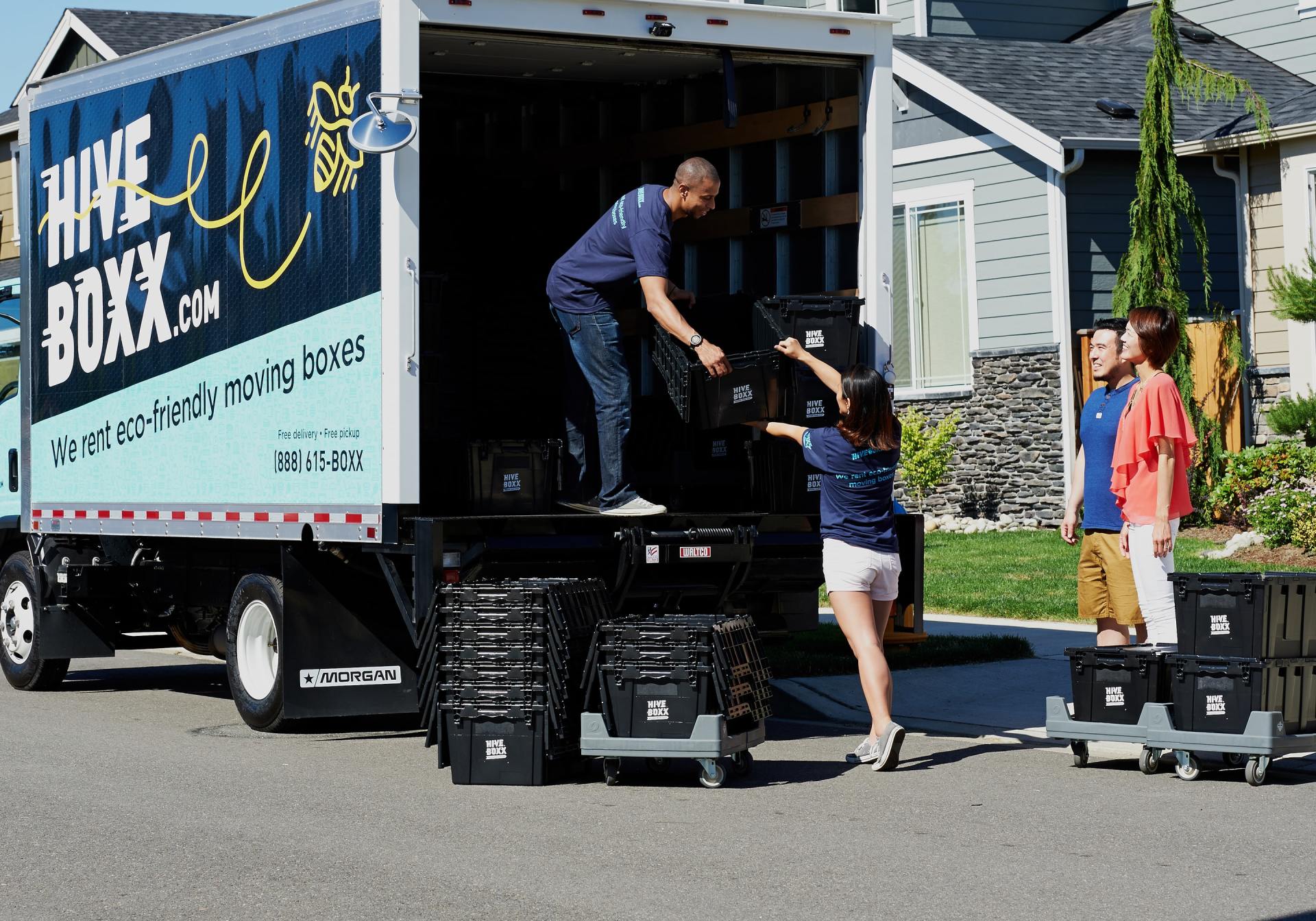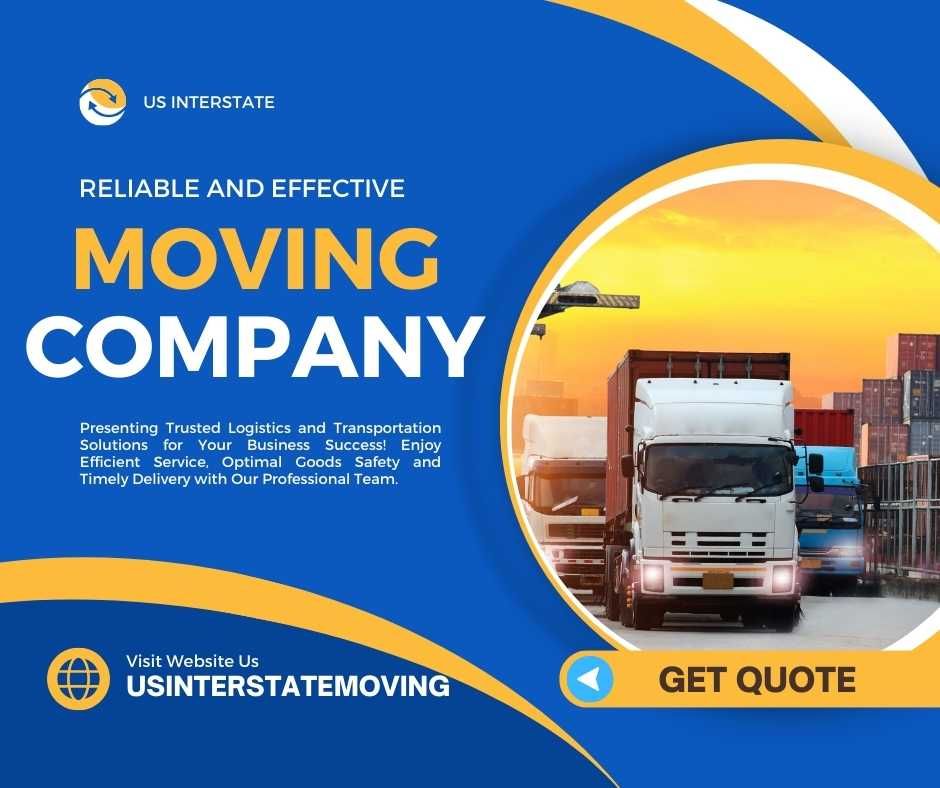Understanding the Basics of Moving Insurance
Understanding the Basics of Moving Insurance
You're starting by understanding the basics of moving insurance, which can save you from potential moving mishaps. You should know that the insurance coverage types vary. Full-value protection covers the replacement cost of lost or damaged items, while released value protection offers minimal coverage based on the item's weight. You've also got separate liability insurance that provides additional coverage. Now, let's talk about the claim process. It's straightforward. If your stuff gets damaged, you'll need to file a claim with your insurance company. The insurer will then inspect the damage and if your claim's approved, they'll cover the cost to repair or replace your items. Understanding these key points can save you a lot of stress and money in the long run.
The Truth About Moving Insurance: Is It Worth It for Long Distance Relocation
You're gearing up for a big move and you've got a lot on your plate. There's one thing you might've overlooked - moving insurance. Does it really matter? Is it worth your hard-earned cash? In this article, we'll pull back the curtain on the truth about moving insurance, especially for long distance relocations. We'll explore the pros, cons, risks, and key factors you need to consider before making your decision. Let's dive in!
The Pros and Cons of Investing in Moving Insurance
While there are a good number of benefits to investing in moving insurance, such as peace of mind and financial protection, there are also a few drawbacks, including additional insurance costs and potential claim denial. While you're weighing the pros and cons, consider the value of your belongings. If they're high, the cost of insurance could be a worthy investment. However, remember that the claim process may be tedious and might not guarantee a full reimbursement. In case of loss or damage, you'll need to provide detailed proof, which can be challenging. Moreover, insurance doesn't cover items of sentimental value. So, while moving insurance provides a safety net, it's essential to understand what it entails before making a decision.
Evaluating the Risk: Damage and Loss in Long Distance Relocation
In evaluating the risk of damage and loss in long distance relocation, you've got to consider the potential of mishandling or losing your belongings during the move, and decide whether investing in moving insurance is right for you. Risk mitigation plays a crucial role in this decision-making process. You'll need to weigh the costs of insurance against the value of your items and potential cost of replacement. Moving insurance can serve as a key recovery strategy, providing you with financial protection should your belongings be lost or damaged. It's not just about replacing your stuff, but about giving you peace of mind during a stressful transition. So, think it over carefully, it's your call whether the investment is worth it.
Key Factors to Consider Before Purchasing Moving Insurance
Before buying moving insurance, it's vital for you to consider key factors such as the total value of your items, the reliability of your moving company, and the specific terms and conditions of the insurance policy. You must scrutinize insurance costs and policy inclusions to ensure you're getting value for your money.
Remember, low insurance costs might seem attractive, but they may not provide comprehensive coverage for your possessions. Check the policy inclusions carefully; you don't want to discover that your prized possessions aren't covered in the event of damage or loss.
Also, do some background checks on your moving company. Are they reliable? Do they have a history of mishandling items? It's crucial to know these facts before making a decision. In the end, it's about balancing cost and coverage to ensure your peace of mind during the move.
Case Studies: Real Experiences With Moving Insurance
You've heard about the factors to consider when buying moving insurance, and now let's delve into some real-life case studies to truly understand its implications. In one instance, a family relocating cross-country faced damaged furniture upon arrival. Fortunately, their full-value protection insurance covered the cost of repair, highlighting the efficiency of the insurance claim process.
However, another couple discovered the hard way about coverage limitations. Their basic insurance didn't cover a valuable antique mirror shattered during the move. This example underlines the importance of understanding what your insurance covers before the move. Both cases reflect the potential benefits and pitfalls of moving insurance. Ultimately, it's crucial to weigh the potential risks of moving without insurance against its cost and coverage limitations.










